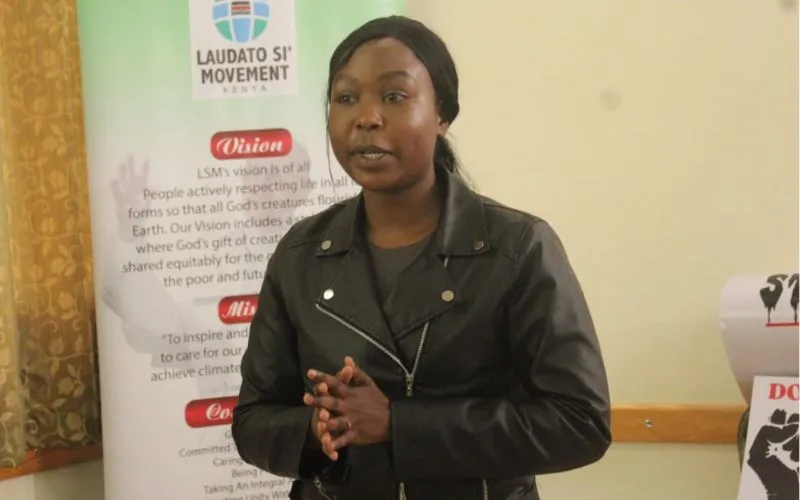Nairobi, 08 September, 2024 / 8:20 pm (ACI Africa).
The Programs Manager at Laudato Si’ Movement in Africa has called on the African Development Bank Group (AfDB) to ensure that its climate financing is equitable and does not exacerbate existing injustices on the African continent.
In a Tuesday, September 3 interview with ACI Africa, Ashley Kitisya reflected on the recent Green Climate Fund’s approval of $151 million for a major climate resilience program in the Horn of Africa, supported by the AfDB.
“The Bank must ensure that climate financing is equitable and does not deepen existing injustices, particularly concerning debt, food sovereignty, and access to energy,” Ms. Kitisya said.
Kitisya criticized the AfDB’s “continued investment in fossil fuels”, particularly gas, and called for greater transparency, accountability, and meaningful consultation with affected communities in all climate financing decisions.
She said, “Transparency, accountability, and meaningful consultation with affected communities must be prioritized in all climate financing decisions, in full compliance with international human rights standards.”








